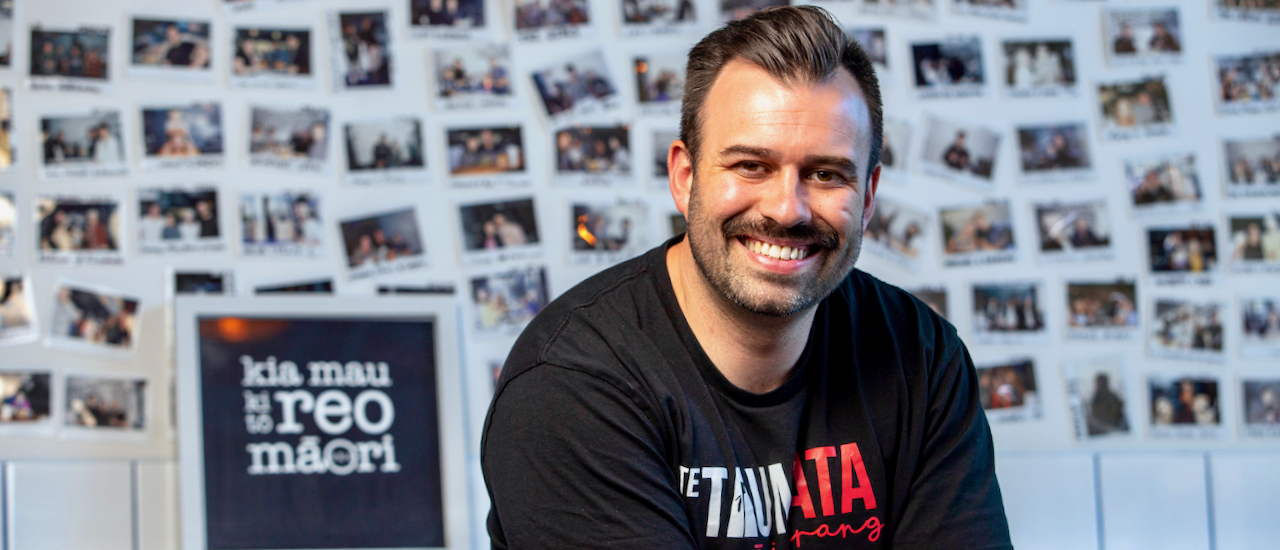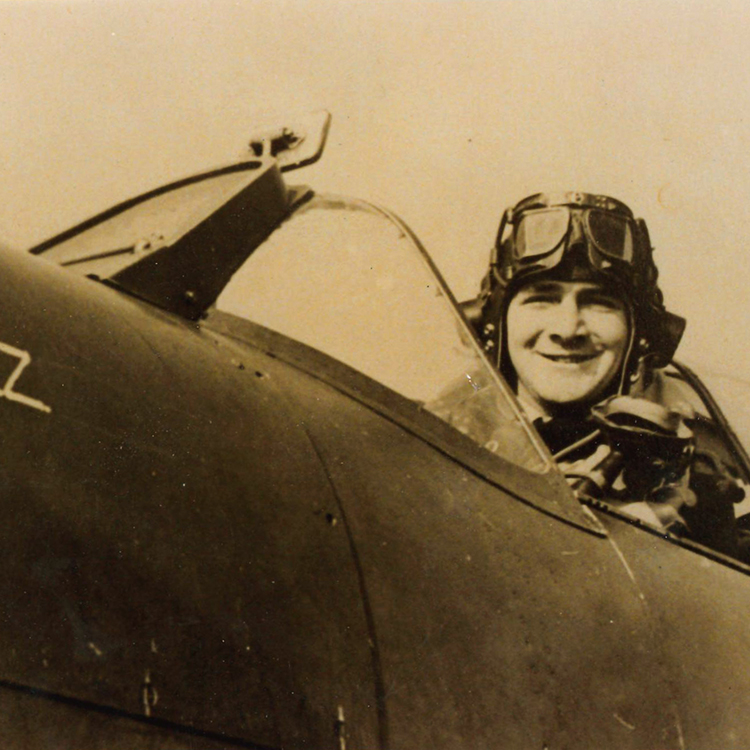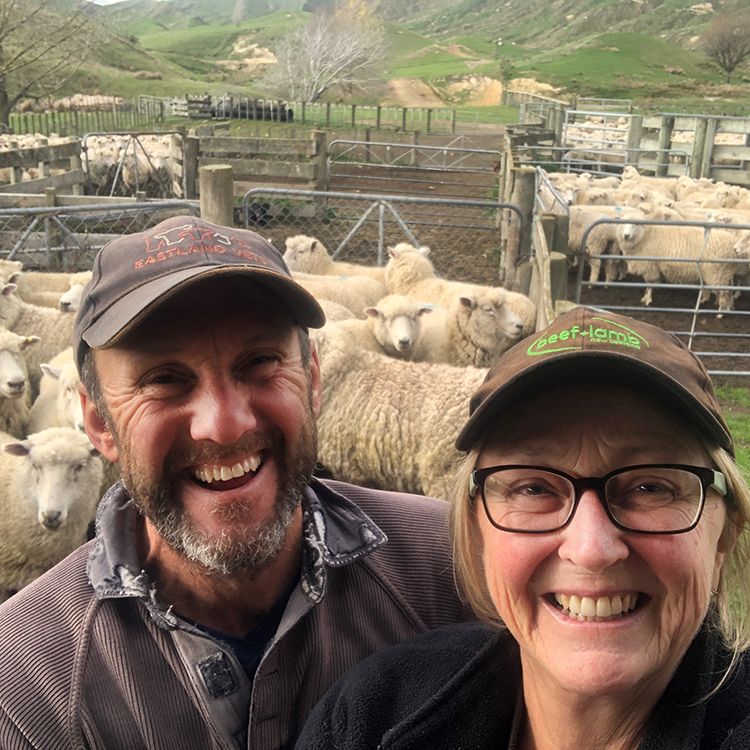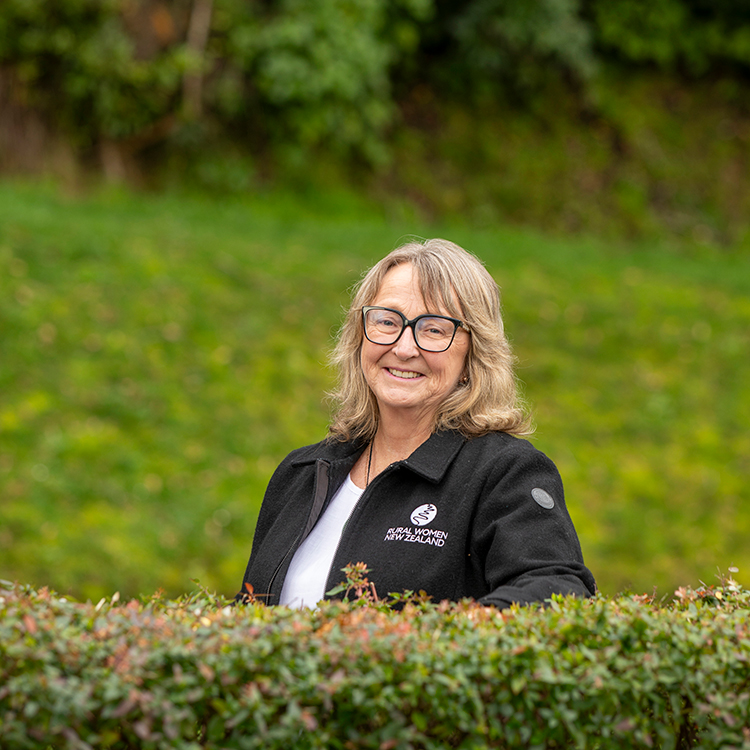
Q&A: Anton Matthews, restaurateur and te reo champion
What do fish and chips have to do with te reo Māori? We talk to a man who is passionate about both.

Sandra Matthews is a sheep and beef farmer in Tairāwhiti with husband Ian, a mother, runs an agri-business coaching consultancy and has held a number of governance and committee roles, including for Federated Farmers, Beef + Lamb NZ and other women’s groups around New Zealand.
Do you need to be a farmer to be a member of Rural Women New Zealand (RWNZ)?
Not at all. If you’re rural at heart you can join Rural Women New Zealand. We even have a branch in Wellington City for women who live in the capital.
Would it surprise people to know what RWNZ does?
Like many, I thought Rural Women New Zealand was just about baking, knitting and older women. Being involved in the organisation though, I realised that's not true.
Our mission is to support and give a voice to rural women and the communities they live in or advocate for, so that they’re connected and thriving – not just our members, but the entire rural community.
RWNZ provides a broad spectrum of support and networking opportunities.
There are also options for leadership and personal development, and we do a lot of advocacy work with Government ministers, especially in education, health and social aspects like rural banking, and school buses.
The basis of our charitable work is giving back to the community, so our groups fundraise, but there are plenty of other initiatives too; one member is looking to have a four-wheel drive training day.

What were some of the early initiatives of RWNZ?
In 1940 members raised enough money in just one month to buy an entire Spitfire to contribute to the war effort. They proudly presented the cheque to the Government to forward to Britain to purchase a fighter plane. The plane bore the inscription of the organisation and was initially piloted by the son of one of the members from the Levin branch.
In 1927, the organisation set up The Bush Nursing Programme. These were nurses with surgical and midwifery qualifications employed to provide care in remote areas. There are photos of them on horseback going through paddocks and bush to reach people.
Why did you join RWNZ?
The advocacy side of Rural Women attracted me because I could see that their work was making a difference. I realised that if you’re going to change something, you need to be able to talk to Government officials or ministers and help them understand they need to rural proof their decisions by looking at how they’ll impact rural communities.
I’m proud that at Rural Women we advocate for issues like schooling and healthcare, for instance for more GPs and nurses in rural areas.
Recently, Minister Doocey announced a mental health and wellbeing fund. We were part of the industry group that carried out research and work around that.
Rural connectivity is something Rural Women’s been at the forefront of for many years too, working with providers like Chorus because it is so important for rural businesses to have good connectivity with reduced blackspots.

Is there an age limit?
We have a lot of younger people joining because they're interested in the advocacy work we do – members in their late teens and early 20s – but we also have members over 100 years old. I recently met someone who’d been a member for 67 years.
Do you help rural entrepreneurs?
Yes, we have a Country Collective on our website that provides a virtual ‘shopping centre’ for members’ businesses. We also run an Activator Programme where people come together with their business ideas and a panel provides coaching and strategic thought to help them build confidence to take the next steps. We also hold our own annual business awards.
Is there actually any baking and knitting still involved?
Yes definitely! Some members do like to fundraise for community projects through knitting, baking and catering – the catering often covers whole functions for organisations holding events within their district. Following the Christchurch earthquakes Rural Women mobilised to feed the Farmy Army of volunteers, too.
Back in 1965 the Women’s Division of Federated Farmers, from which RWNZ grew, launched a cookery book and that became the staple in kitchens of rural women country-wide. It also became a welcome gift for newcomers to rural communities.
There are also members who knit items for babies and donate them to antenatal units and hospitals.

How is RWNZ celebrating the centenary?
We’ve just launched a centennial scholarship for health students, which we’re fundraising for throughout this year.
Also, a special limited edition centenary rose was developed by our branch in Fordell-Mangamahu, in conjunction with Matthews Nurseries of Whanganui. The money raised from selling 1,600 of these will go towards children’s education in that area.
How does it feel to be involved in an organisation like RWNZ?
I'm extremely proud of Rural Women New Zealand and the work our members do. The Government talks about farming being the backbone of the country. Well, Rural Women New Zealand is the beating heart behind that.
This story is from the Spring 2025 issue of AA Directions magazine.